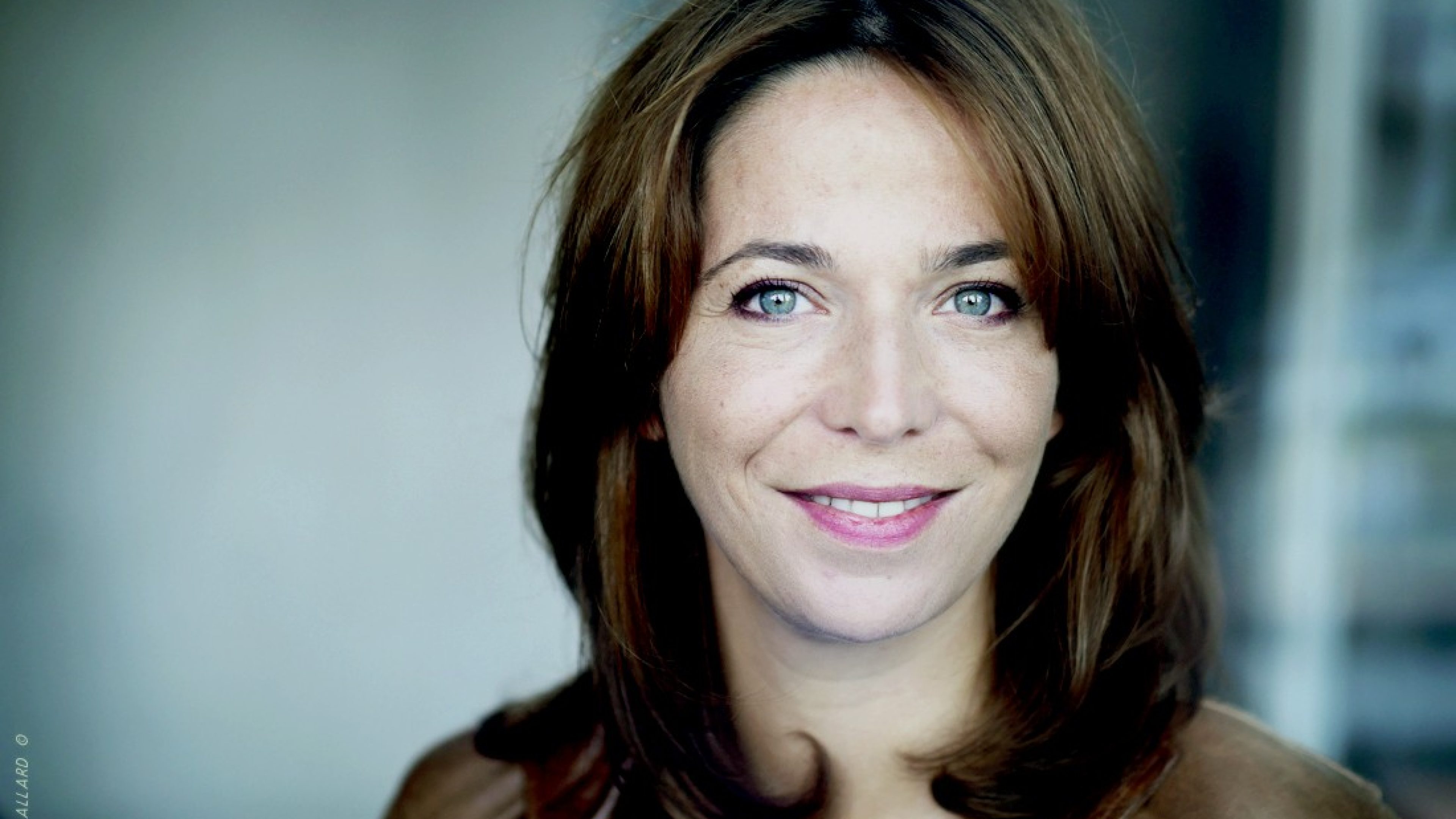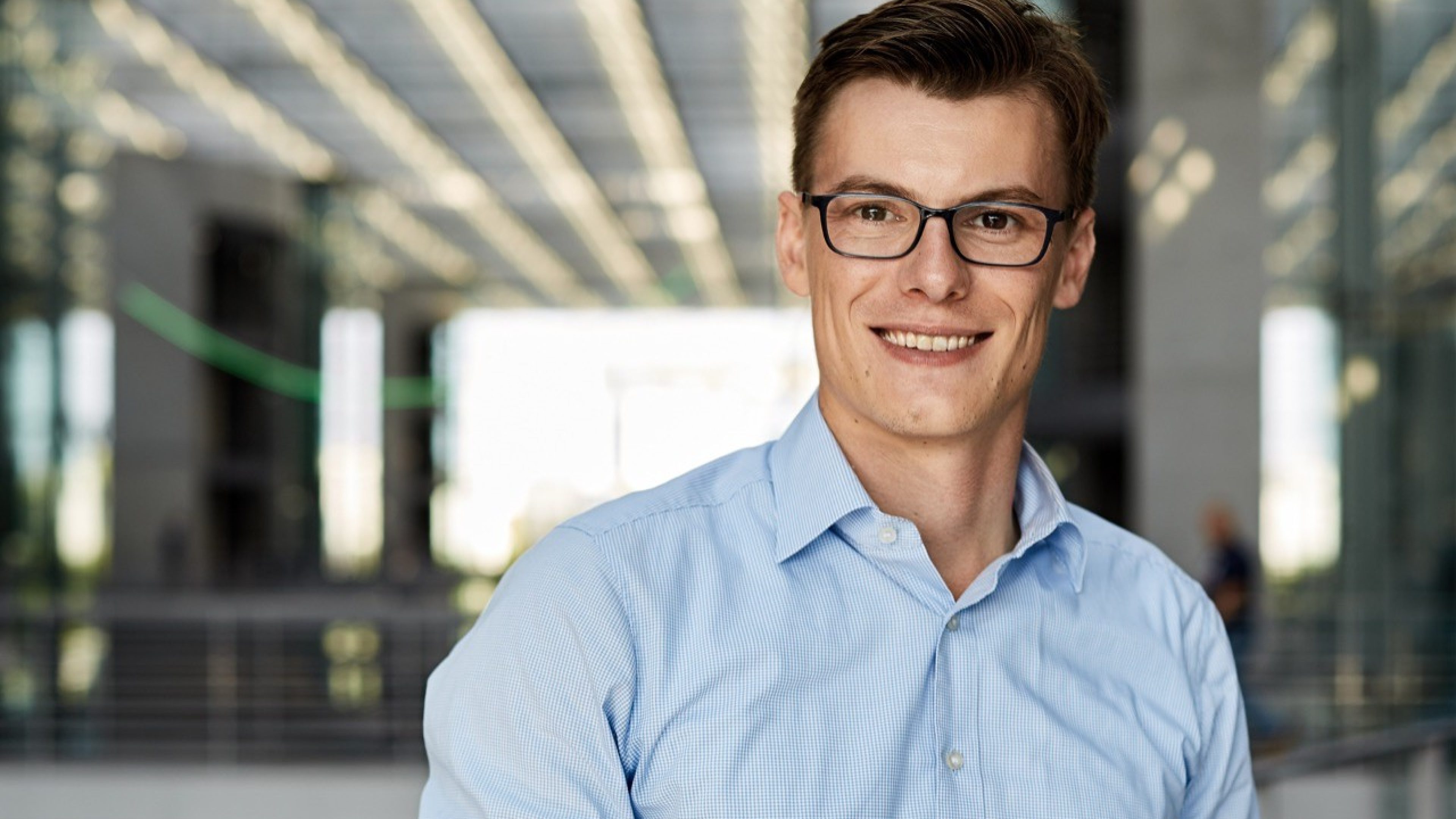Their generation has the reputation of being apolitical and materialistic. This is entirely undeserved according to these three Millennials from Germany, France and Switzerland. They are heavily involved in politics and society, both in their career and leisure time. Why do they play a role in society? What do they want to achieve? How do they mobilise their generation? Today with Andri Silberschmidt from Switzerland.
1. Can you trace your political commitment back to a specific event?
I became politicised at the age of 17, when I was doing my banking apprenticeship and gave the opening speech at Zurich's Bürkliplatz on our national holiday. My aim is to arouse the interest of other people my age in politics and (I hope) convince some of them of the virtues of liberalism.
2. Your generation is often seen as being apolitical and consumerist. What are your thoughts on Switzerland’s youth?
Socrates also used to complain about the young in 400 BC so there is nothing new in these prejudices. However, one thing I do notice is the fast pace at which young people live. Even at 23, I’m surprised sometimes at what teenagers are "into". There is strong solidarity on those issues that my generation cares about – online, of course, which carries less weight than an actual physical presence.
3. What are the three main problems facing the young in your country?
Most of our problems are no doubt personal. It’s later on, at the latest by the time you’re in vocational training, that you see the challenges of migration or the digital transformation in the workplace.
4. What are the three main opportunities?
I see our main opportunities in global networking, whether economic or cultural, as well as digitalisation and education. Global networking allows us to study or work abroad. Digitalisation has seen the rise of new working models and easier access to education, thus enabling us to remain at the top of the international field.
5. Are you providing for your retirement already?
In addition to my 1st pillar (AHV) and 2nd pillar (BVG), where I’m insured as an employee, I’ve also been paying into a private retirement savings account since last year.
6. How long do you think your generation will have to work?
I don't think retirement will happen from one day to the next forty years from now. The linear progression model will move closer to a bell structure, whereby people reduce their working hours over time and are still working above the age of 70. Personally, I enjoy every working day. I don't even see work as a duty, but more as a source of happiness and fulfilment.
7. What do you want to achieve over the next one to two years?
We are opposing the Pensions 2020 reform in September, so that Swiss politics can finally address the issues of demographic development on a fundamental level and reduce the burden on the shoulders of the young.
Andri Silberschmidt

President of the Jungfreisinnige Schweiz (Young Liberals of Switzerland)
Born 1994
Andri Silberschmidt has been President of the Jungfreisinnige Schweiz (Young Liberals of Switzerland) party since 2016. His main political interests include retirement provision, education policy and Switzerland as a business location. He successfully headed up a national, interparty youth committee for the vote against the AHVplus initiative. He works as a portfolio manager at a bank and studies economics. Andri Silberschmidt also recently started managing a pop-up store selling sushi burritos. He lives in Zurich.



